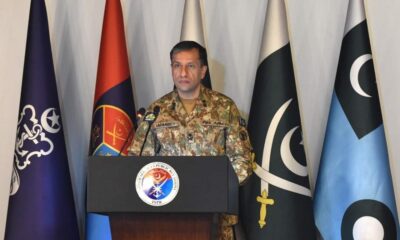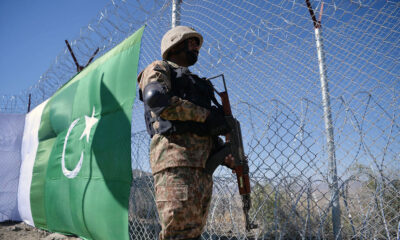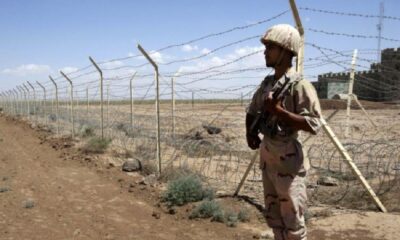Iranian MP claims Afghan, Pakistani borders under terrorists’ control
Rezazada asked the Iranian Ministry of Interior to undertake a special planning to seal the borders.
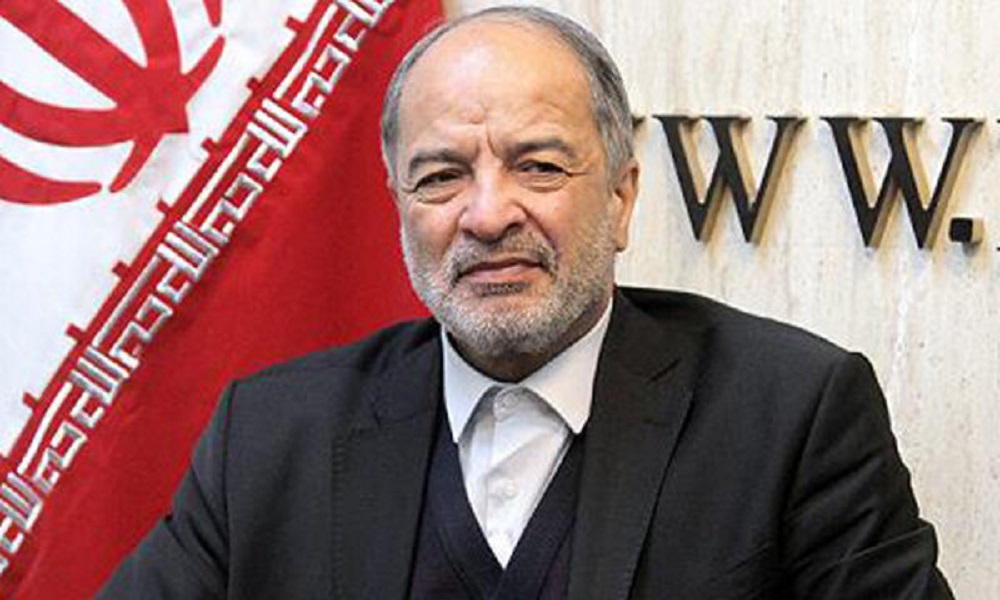
Yaqub Rezazada, a member of the National Security Commission of the Iranian Parliament, has claimed Afghanistan and Pakistan borders are not in the hands of the governments of the two countries, but are under the control of "evildoers and terrorists.”
In an interview with Shafqana news agency, Rezazadeh warned that terrorists use Afghanistan and Pakistan borders to infiltrate into Iran, and the borders are used to smuggle arms.
"The Islamic Republic of Iran shares about 1,950 kilometer borders with Afghanistan and Pakistan; In other words, the five provinces of South Khorasan, Razavi Khorasan, North Khorasan, Sistan and Baluchistan, and even our Hormozgan border with Afghanistan and Pakistan, and according to my knowledge of these two borders, unfortunately, the rulers of Afghanistan and Pakistan do not have full surveillance.”
The MP added that Iranian forces are making great efforts to maintain the security of the borders, but the topography of borders is such that it is very difficult to monitor by humans. He said that electronic devices, cameras and modern equipment should be used to monitor the borders.
Rezazada asked the Iranian Ministry of Interior to undertake a special planning to seal the borders.
He further said that the inability to control the borders has caused thousands of Afghans, Pakistanis and Bangladeshis to be smuggled into Iran every year.
He added that there may be terrorists among the smuggled people.
Earlier, Iran's president-elect Masoud Pezeshkian said during his election campaign that if he wins, he will seal the border with Afghanistan.
According to him, Western countries should accept responsibility for their actions in Afghanistan, which led to the migration of millions of Afghans.
The Islamic Emirate has previously dismissed concerns about the security of Afghanistan's borders and has said that it has complete control over the borders and that no terrorist group is present in Afghanistan.

Tahawol
Tahawol: Start of US presidential election discussed
Latest News
Suhail Shaheen meets with Chinese ambassador to Qatar
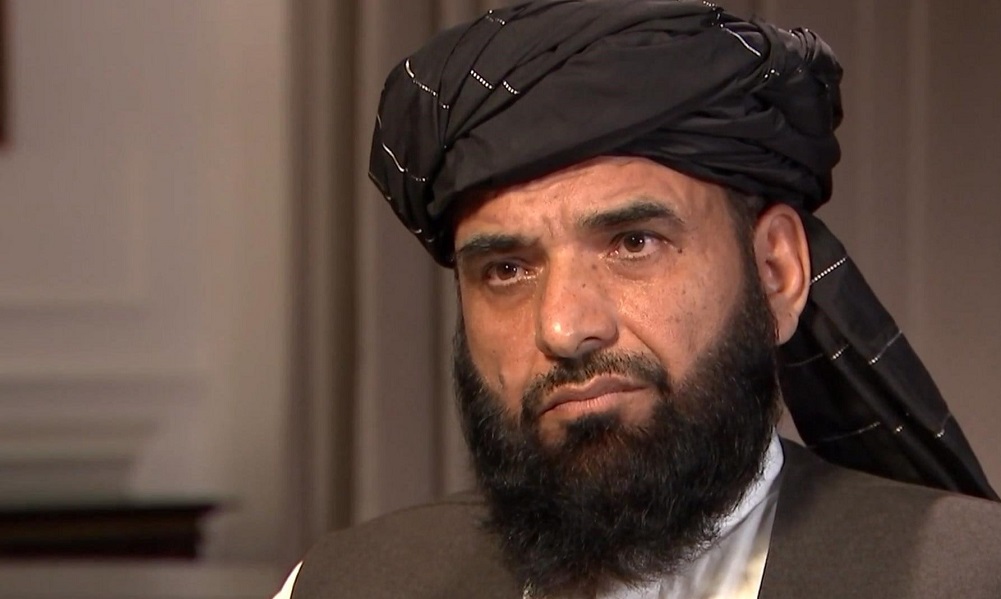
The head of the Islamic Emirate of Afghanistan’s (IEA) political office in Doha, Suhail Shaheen, met with China’s ambassador to Qatar late Monday for talks on bilateral relations, good neighborliness, and trade and investment opportunities between the two countries.
“About the Wakhan road, the export of Afghanistan's fresh fruit to China, the reconstruction of cold stores, China's assistance in the field of medical equipment to the Ministry of Health and good neighborliness between the two countries were discussed,” Shaheen said in a voice message.
China and the Islamic Emirate have been rapidly expanding relations in recent months.
Experts, meanwhile, have said that other countries need to engage with the IEA, as China is doing, in order for Afghanistan to come out of isolation.
Shaheen also met with Katharina Ritz, the head of the International Committee of the Red Cross (ICRC) delegation to Afghanistan.
He discussed numerous issues including humanitarian assistance, health sector challenges and climate change.
Both sides emphasized that ICRC activities need to be expanded, considering the needs of the people.
Saar
Saar: UN climate change summit (Cope 29) in Azerbaijan discussed
-
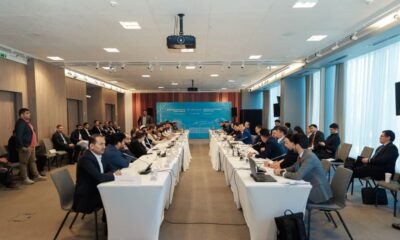
 Business5 days ago
Business5 days agoPrivate sectors of Afghanistan, Kazakhstan sign contracts worth $100 million
-

 Sport5 days ago
Sport5 days agoRashid Khan retained by Gujrat Titans ahead of IPL 2025 auction
-
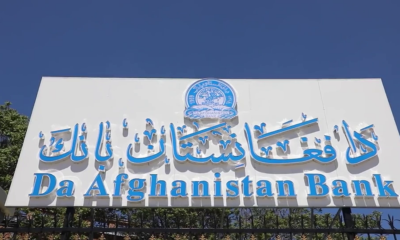
 Latest News4 days ago
Latest News4 days agoDAB plans to set up electronic payments in Afghanistan
-
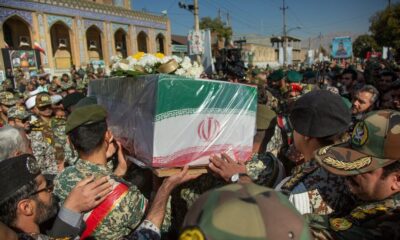
 Regional5 days ago
Regional5 days agoIran preparing strike on Israel from Iraqi territory within days, Axios reports
-

 Regional4 days ago
Regional4 days agoSeven killed, dozens injured in blast in Pakistan’s Balochistan province
-

 Sport2 days ago
Sport2 days agoAfghanistan to tour Zimbabwe for all-format series
-
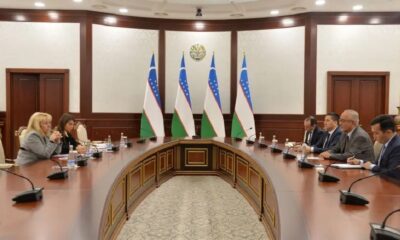
 Latest News3 days ago
Latest News3 days agoUzbekistan, EU envoys meet to discuss Afghanistan
-
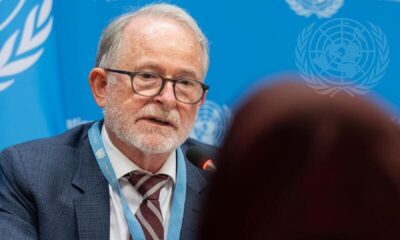
 Latest News4 days ago
Latest News4 days agoUN expert calls for comprehensive, rights-focused action plan for Afghanistan





